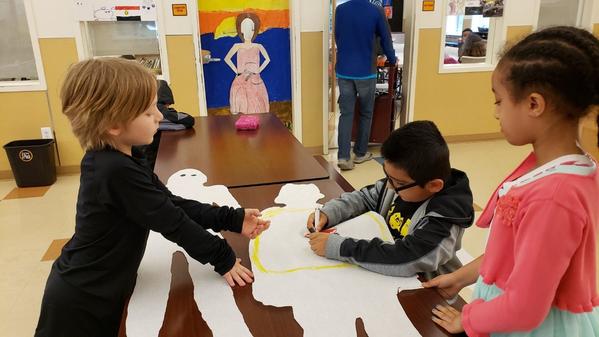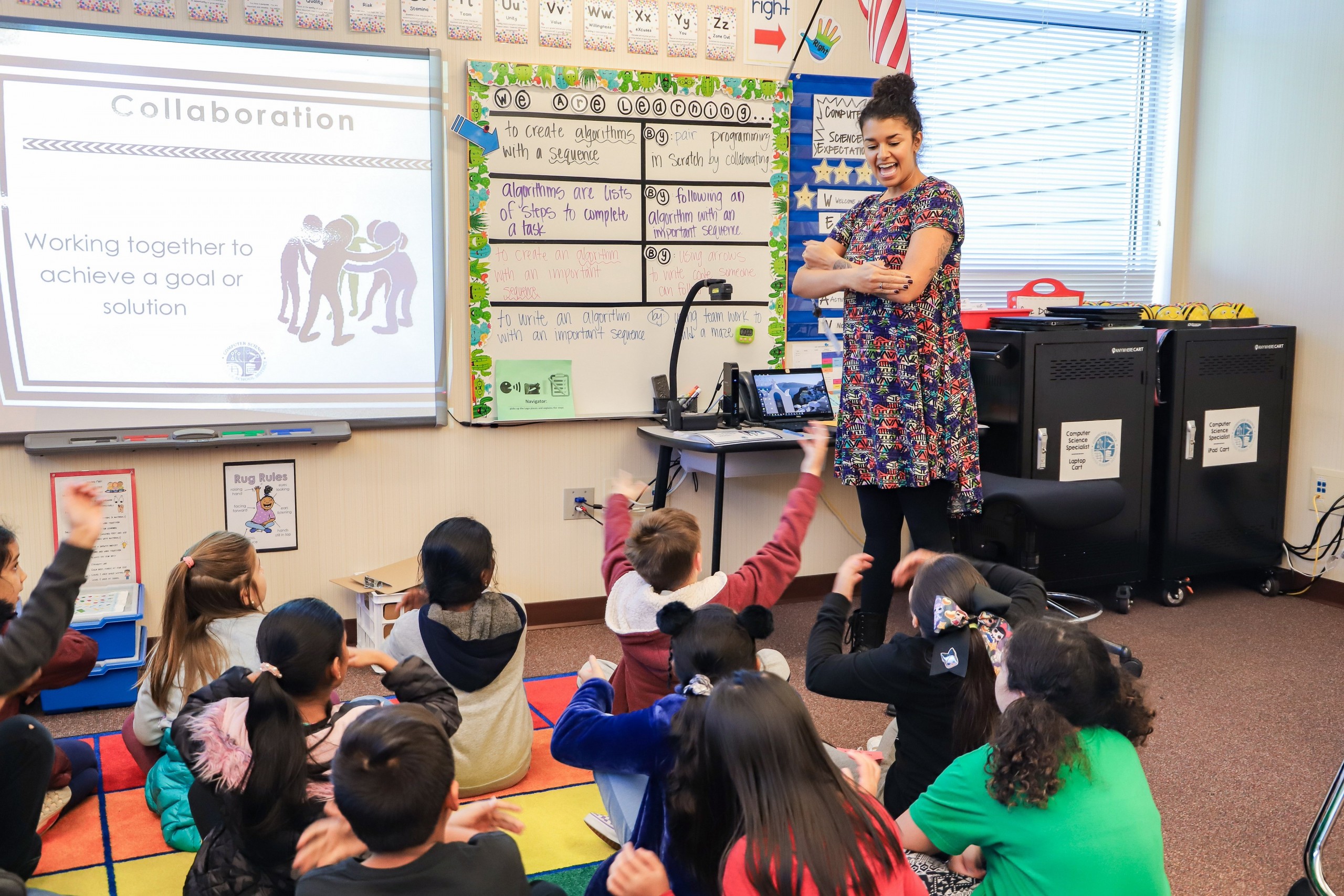That three siblings attend the same Boys & Girls Club of Bellevue afterschool program isn’t itself remarkable. This is a common occurrence for families, after all. In this case, however, it’s a testament to the well-oiled services provided by the members of the Bellevue Collaborative—the children are experiencing homelessness, and are attending different schools. Despite the uncertainty that they face in so many arenas in their lives, they have a space where they can connect as family, play as kids, and be supported academically and socially by caring adults. The Bellevue Collaborative is right to identify this as a triumph of their internal coordination.

The Collaborative partners (Bellevue School District, Boys & Girls Clubs of Bellevue, Bellevue YMCA, and KidsQuest Children’s Museum), who have continued to grow their support of McKinney-Vento youth as part of the Best Starts OST initiative, are weathering an uptick in the number of students experiencing homelessness. In the two days before conducting the interview for this piece, Bellevue School District identified six new students in need of their services. When a waitlist forms, the partners get creative about how and where to serve kids without shuttling them across town. There’s also a rapidly-increasing number of families who are on the precipice of experiencing homelessness, families who are not able to access support until they’re already in crisis. The Bellevue Collaborative has streamlined their referral process, which means that kids can be referred to their services and attend program within the same day, but are also pushing for preventative, up-stream models of responding to family homelessness.
There are bright spots in their collective efforts, to be sure. Information-sharing systems have strengthened during the Collaborative’s participation in the Best Starts OST initiative, which help promote vital consistency and stability for kids by enabling providers to communicate with each other about how to address specific challenges individual families are facing. Through SOWA’s Program Quality Initiative as well as additional trauma-informed practice professional development opportunities, all partners have a shared vocabulary and toolkit that helps them stay focused on their collective goal of serving their district’s most vulnerable students.

The Bellevue Collaborative initially set out to serve families experiencing homelessness, but quickly found that those who recently transitioned out of homelessness also lack consistent access to high-quality youth programs. The need for supportive environments didn’t evaporate as soon as students get secure housing. So the decision was made for Bellevue School District to cover the scholarship fees for these students, so that no one loses access to the programming offered within the partnership. And they’re seeing the students that have exited homelessness continue to attend programming, even for multiple years or with siblings, which is a confirmation that families feel welcome and part of a community.
The data around the academic performance of students within Bellevue Collaborative programming is also promising. It’s typical to see performance impacted by even one month of homelessness, so the Collaborative set a goal to maintain the performance of all the McKinney-Vento students. What they’re now seeing is that the majority of these students are performing at or above grade level– comparable to their stably housed peers, or better!
There’s still a disparity between the number of families that are formally considered homeless (which includes those sleeping in cars, couch-surfing, or doubled up in a residence– and those who have experienced any of these circumstances within the last six months) and those who formally identify as such on school district paperwork. This could be due to misinformation about what counts as homeless and what services are available, as well as anxiety around immigration status that manifests in reluctance to register for social services. These are the issues the Bellevue Collaborative has their sights set on, having built and maintained the bedrock of an effective partnership designed to meet the needs of these families. What they’re doing is working to meet the needs of the kids who are in their programs, so how can they expand to serve all homeless families, as well as help prevent families from losing their housing in the first place? The partners continue to move with determination towards those answers.
